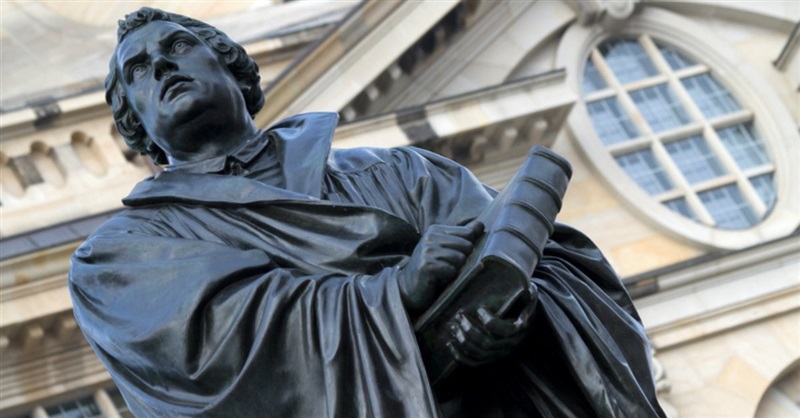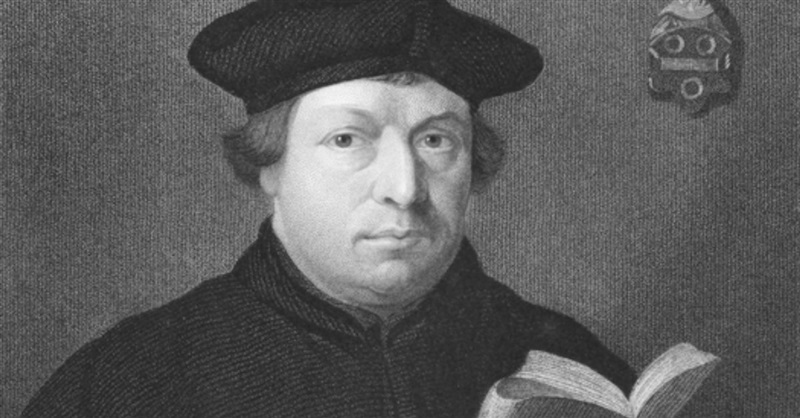Don’t Celebrate Reformation Day Until You Know These 10 Things

Unbeknownst to even himself, Luther completely upended the current religious system. He initially sought to clarify church doctrine and reform it from within. Despite attempts on his life and retaliation and persecution, his persistence led to one of the most significant events in history that quite literally changed political and religious institutions forever.
Photo courtesy: ©Thinkstock/robertmandel

1. At the time of the Reformation, the Church ruled all.
The Holy Roman Church ruled the Holy Roman Empire through a feudal system of kings, queens, lords, landowners, and bishops. It stretched across several continents and rivaled other empires for thousands of years in economic and military prowess. Rome was its capital; the Vatican, the seat of its state religion and papacy. In AD 1054 the empire divided between East and West; its Eastern counterpart, the Byzantine Empire, ruled alongside the Eastern Orthodox Church, in Constantinople.
The Roman Catholic Church/Empire waged war against numerous countries for thousands of years. Its popes initiated seven out of the nine Crusades, one of which was solely against the Byzantine Empire, which subsequently hastened its catastrophic end in AD 1453. The Roman Catholic Church imposed taxes on everyone except its clergy. Its bishops ruled with an iron scepter, collecting taxes, and torturing and imprisoning those who couldn’t pay. The church regulated nearly all areas of life, including literacy. Its edicts were in Latin; no bibles existed in anyone’s native language.
Reeling from watching starving peasants buy indulgences for their salvation from his wealthy colleagues, Martin Luther delved deeper into the New Testament book of Romans. Un-coincidentally, the Apostle Paul wrote to Christians living under the same empire as Luther roughly 1,500 years before. His discovery led to repeated questioning and challenges about the political and religious system imposed by the church, an agonizing realization that he could no longer dedicate his life to what he had previously, and a new found faith in salvation through Christ alone.
Photo courtesy: ©Thinkstock/GeorgiosArt





Comments are closed.